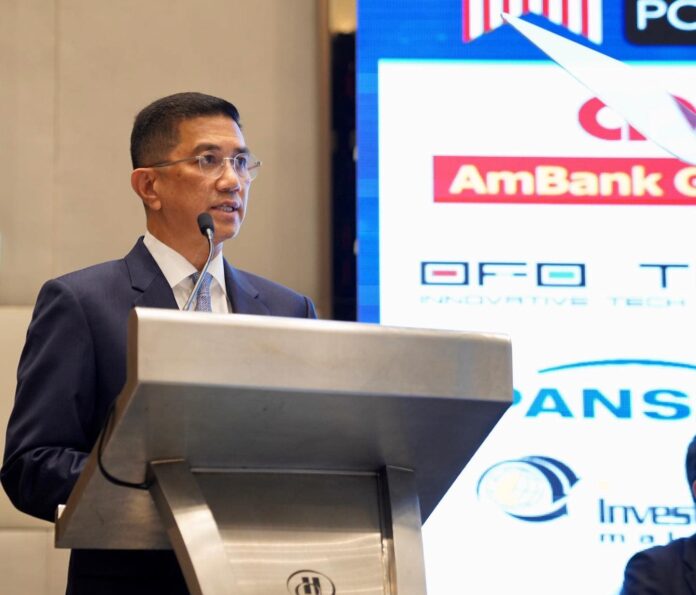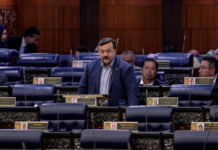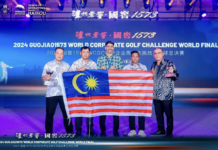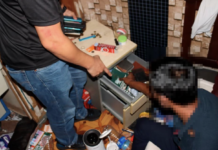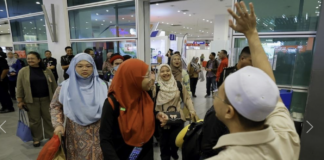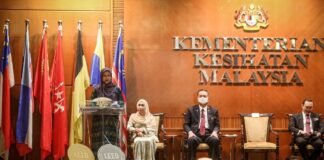KUALA LUMPUR, Aug 1 — Malaysia’s participation in the Indo-Pacific Economic Framework (IPEF) will enable it to address the problems faced by companies that have been issued the Withhold Release Orders (WRO) by the United States (US) Customs and Border Protection (CBP).
Senior Minister of International Trade and Industry (MITI), Datuk Seri Mohamed Azmin Ali noted that Malaysia does not have a formal agreement structure with the US at the moment, as such, many matters have remained unresolved.
“The CBP had issued the WRO to several local companies, so many products could not be exported (to the US).
“Although the IPEF is a multilateral trade mechanism, it will give us a platform to continue our discussions and involvement with the US,” he told reporters after attending the Japan-Malaysia Economic Association (JAMECA) and Malaysia-Japan Economic Association (MAJECA) 39th joint conference today.
Launched on May 23, the IPEF currently comprises 14 countries, namely the US, Australia, Brunei, Fiji, India, Indonesia, Japan, South Korea, Malaysia, New Zealand, the Philippines, Singapore, Thailand and Vietnam.
Mohamed Azmin also highlighted that the technical assistance and capacity-building elements of the IPEF would help in narrowing the development gaps between its members while providing access to international markets.
Earlier in his speech, the minister said the IPEF provides greater opportunities for the private sectors in Malaysia and Japan to collaborate and synergise on a broader spectrum of economic matters.
“I hope that both MAJECA and JAMECA would not only commit to making new investments in Malaysia but also to ensure technology transfers, ecosystem creation and involvement of local industries, especially the small and medium enterprises, in the supply chain,” he added.
Mohamed Azmin noted that despite the global headwinds last year, Japan was Malaysia’s fourth largest overall global trading partner, with total trade at RM148.98 billion.
Japan is also Malaysia’s top foreign investors in the manufacturing sector, having implemented projects with a total investment of RM90.9 billion as of last year.




